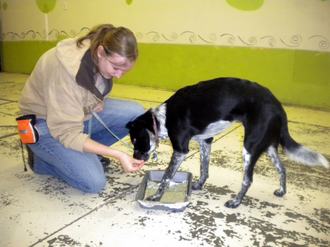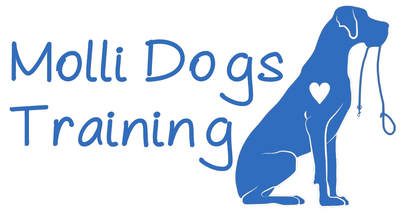In light of this, I would like to say a few things to dog trainers and prospective dog trainers everywhere:
There is no such thing as a “one all end all” training method

Every training method exists for one reason and one reason only: Because it works!
There is something you can learn from every trainer that you meet


 RSS Feed
RSS Feed